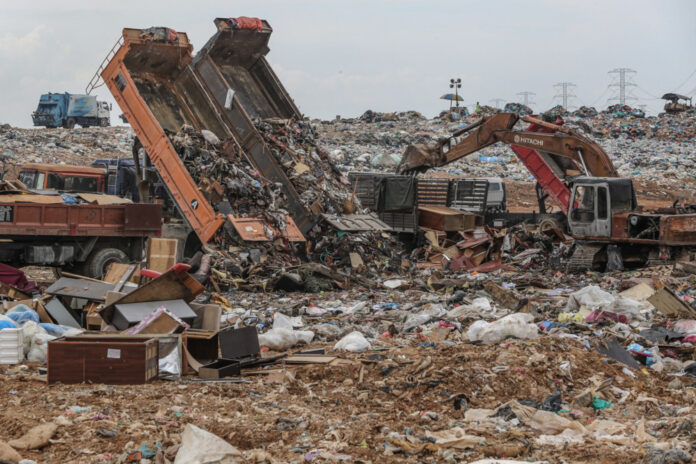Ismail told Parliament this morning that local governments now pay for waste, in a bid to prevent indiscriminate dumping. — Picture by Yusof Mat Isa
KUALA LUMPUR, March 2 — For most governments in the developed world, the debate around waste management, an issue that has grown more pressing lately, has mostly centred around deterrence — that is to make wasting expensive by raising taxes to fund disposal.
But Malaysia appears to believe in the opposite, according to Deputy Housing and Local Government Minister Datuk Seri Ismail Muttalib, who told Parliament this morning that local governments now pay for waste, in a bid to prevent indiscriminate dumping.
Ismail was asked by Member of Parliament for Sri Gading, Datuk Shahruddin bin Md Salleh, if the government plans to raise taxes as a way to disincentive excessive waste dumping.
“The government is actually doing better than that (raising tax),” Ismail replied to Shahruddin.
“The waste that they, including households, we pay them for it. Trash-to-cash, that is a way to educate people that waste should not be dumped indiscriminately. Instead we put a value on them… not only do we penalise (illegal dumpers), we also buy them to incentivise,” he added.
Waste management is a state purview and is mostly subsidised by the respective state government.
All ruling coalitions, regardless of which side, have been reluctant to raise the assessment tax, ostensibly to avoid political backlash.
Most of the respective assessment tax rates have remained the same for over 20 years.
Waste management is often outsourced to contractors at a subsidised rate, with the state paying up to 80 per cent of it.
A huge chunk of the waste ends up in the landfills, with a majority of them unsanitary because the low tipping fee operators are forced to charge to dispose of them makes upgrading unaffordable.


